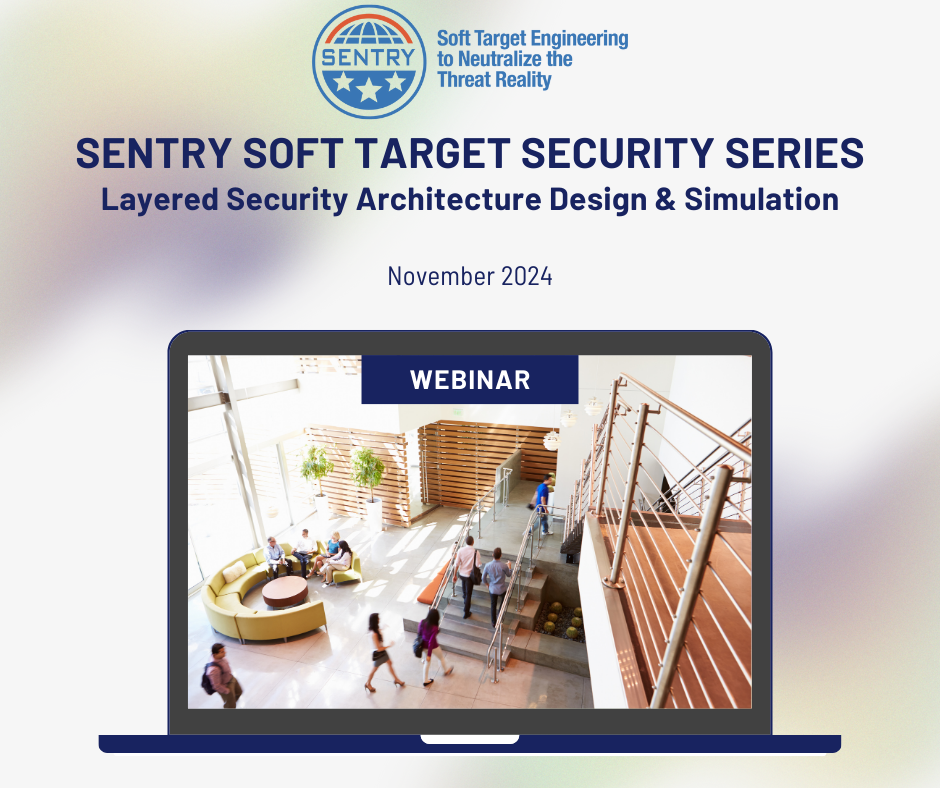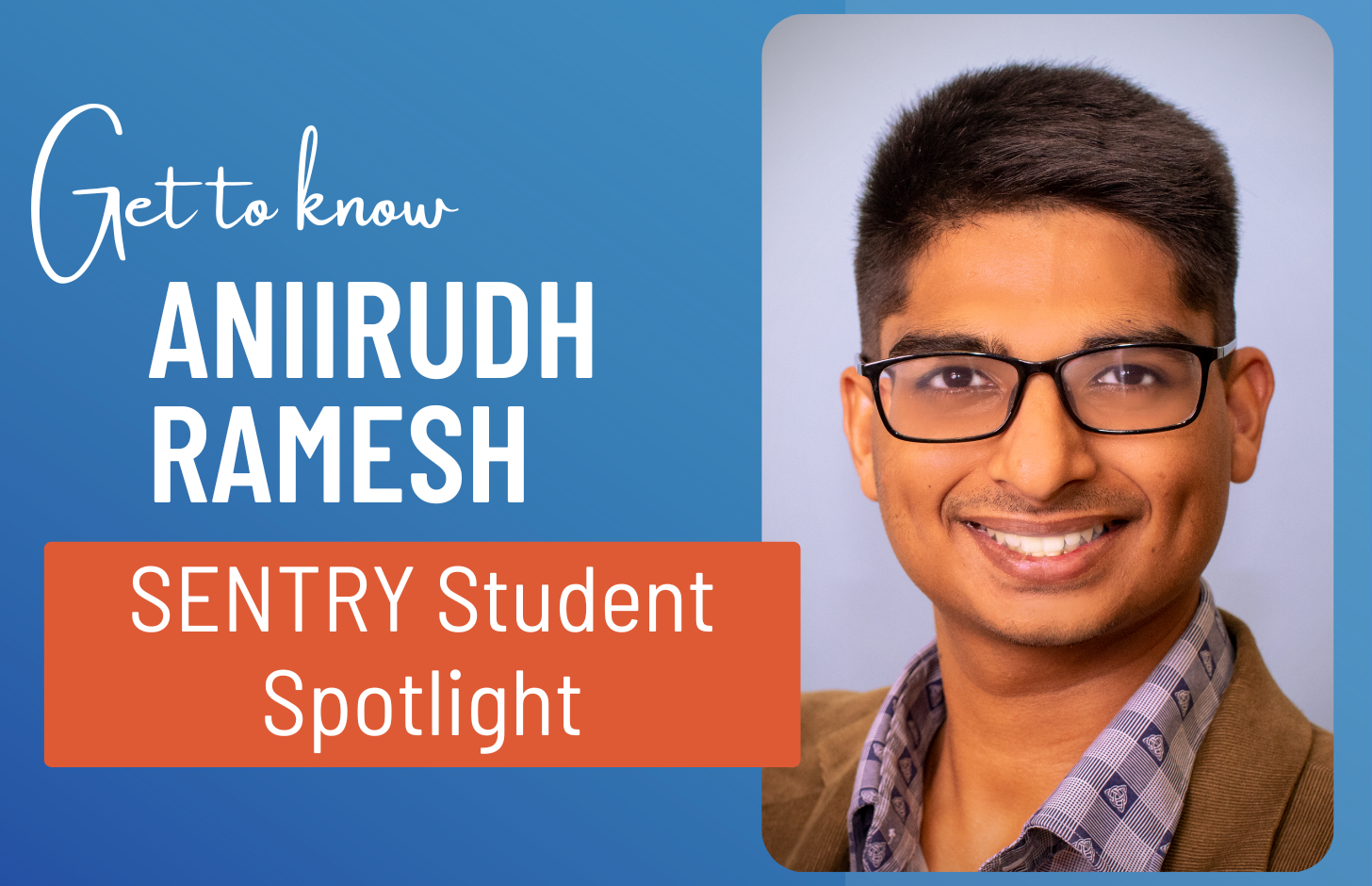


The 28th Advanced Development for Security Applications (ADSA28) Workshop, “Building Effective Security for Soft Targets,” was held on November 13-14, 2024, at Northeastern University in Boston, Massachusetts. This two-day, invitation-only event gathered experts across academia, industry, and government to explore innovative solutions for securing soft targets and crowded places.
The workshop began with a warm welcome from SENTRY’s Director, Michael Silevitch, who set the tone by emphasizing the critical importance of interdisciplinary collaboration. Following his remarks, Dean Gregory Abowd of Northeastern University’s College of Engineering emphasized the university’s commitment to advancing security technologies through academic excellence. William Farmer, Department of Homeland Security (DHS) Program Manager for the Office of University Programs, provided federal perspectives on fostering innovation in threat mitigation. The morning concluded with a keynote address by Laura Parker, representing the DHS Science and Technology Directorate (S&T), who highlighted cutting-edge sensor technologies revolutionizing the security landscape.
The agenda featured over 30 dynamic presentations, including those by SENTRY researchers Fred Roberts of Rutgers University and Rich Radke of Rensselaer Polytechnic Institute. Sessions highlighted current soft target security challenges such as securing schools, transportation hubs, and major public events, with actionable insights shared by leaders like Jim Bamberger of the TSA and Lawrence Filipelli, Superintendent of Lincoln Public Schools.
Discussions revolved around five key topics that addressed critical aspects of building effective security for soft targets. One major focus was the development of decision support systems, with speakers highlighting both technological advancements and the operational challenges they face in enabling rapid, effective responses to emerging threats. Presenters discussed cutting-edge emerging technologies, such as neural interfaces and ultrasound screenings, and highlighted advancements in video analytic strategies for security. Experts, including SENTRY researcher Scott Howard, explored the theme of interoperability, sharing strategies for effective decision support across time and space.
Risk mitigation strategies were examined, with presentations diving into innovative approaches such as game theory and agent-based modeling to identify and minimize vulnerabilities. One such presentation was given by SENTRY’s own Jun Zhuang, who leads the Threat Risk Assessment, Prediction, and Deterrence Research Area. Jun discussed his work to develop novel game-theoretic models that support the defense of soft targets through the Protecting Soft Targets: a Game-Theoretic Framework for Multitarget, Multi-Layer Defense Against Strategic Attackers Research Project.
Engaging discussions followed most presentations, demonstrating the multidisciplinary approach necessary to address the complexities of soft target protection. Reflecting on the event, Michael Silevitch remarked, “This year’s workshop saw more collaboration than ever before. Presentations encouraged excellent questions and important discussions. The ideas and solutions presented here will undoubtedly drive meaningful advancements in protecting soft targets nationwide.”
All ADSA28 Presentations are now available to view and download.

 11/26/2024
Blog Post
11/26/2024
Blog Post
 11/18/2024
Blog Post
11/18/2024
Blog Post
 10/8/2024
Blog Post
10/8/2024
Blog Post
Subscribe to our mailing list to receive SENTRY’s Newsletter, event updates, and other announcements.
Sign Up